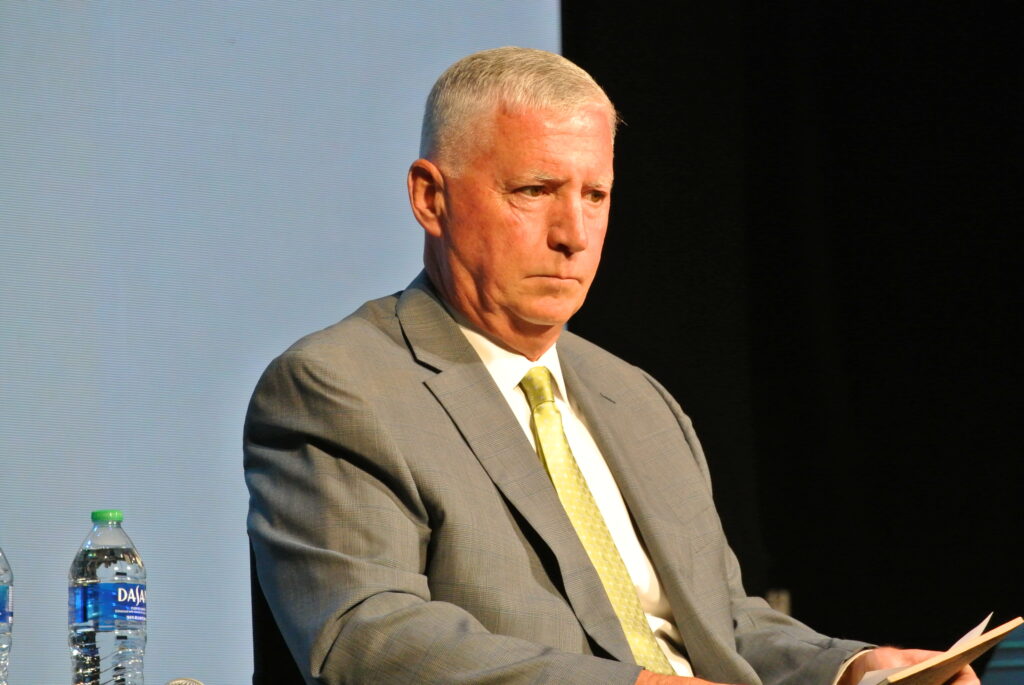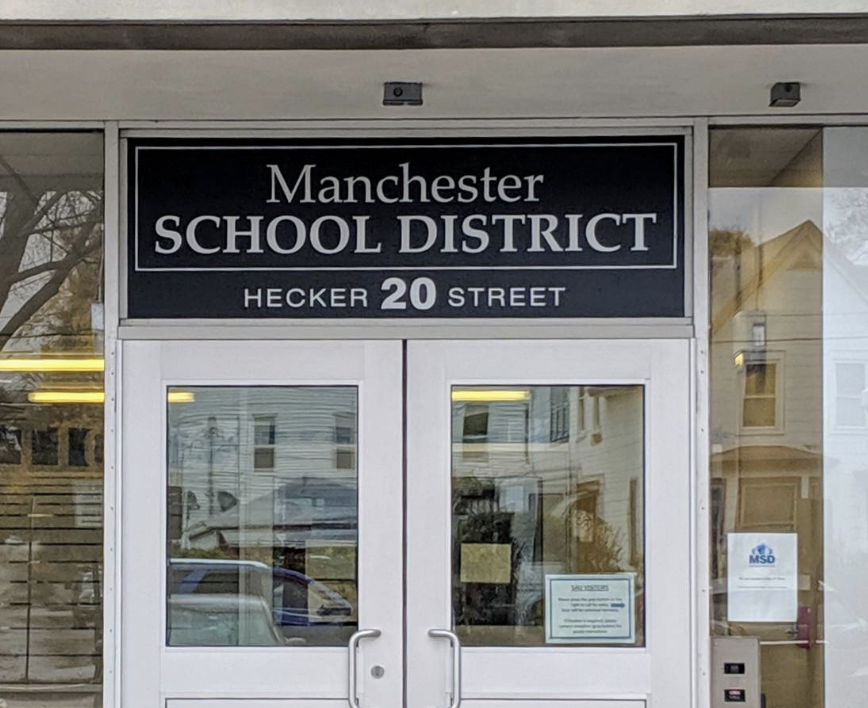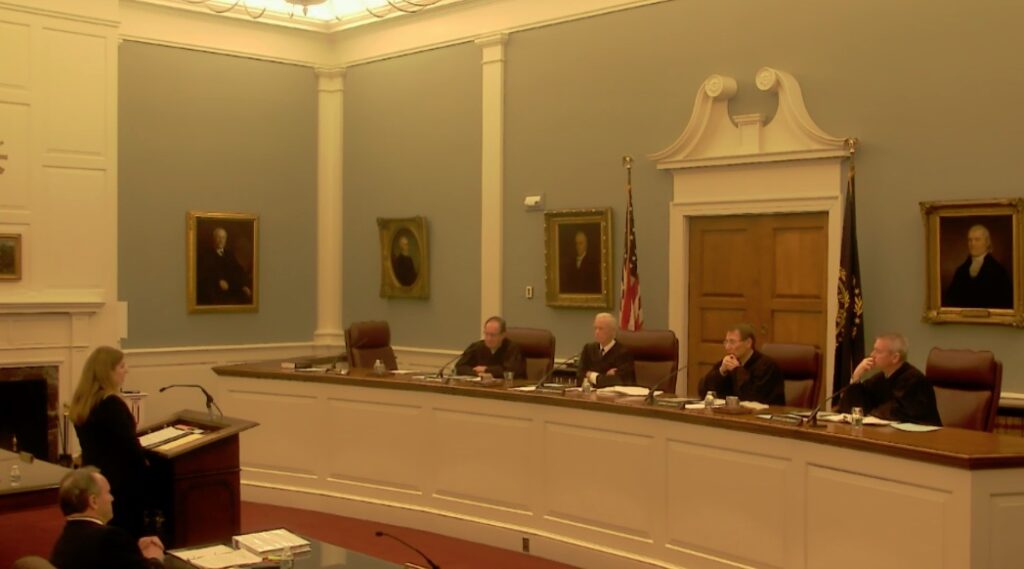Manch Mayor Hopeful Ruais Backs Bail Reform, But Dems Dodge Issue

A week after two men charged in the Ash Street shooting were released on bail, the three Democrats running to become Manchester’s next mayor have yet to address the need for bail reform.
Jay Ruais, the sole Republican running against Democrats Kevin Cavanaugh, Will Stewart, and June Trisciani, called their silence “unconscionable.”
“Our police and our city deserve better,” Ruais said Tuesday, pledging to “fight to fix our broken bail system to keep dangerous, violent and repeat criminals off our streets.”
The city’s SWAT team responded to a report of a fight last week to find a man suffering a gunshot wound to his leg. In short order, Brandon Middaugh, 32, and Justin Middaugh, 30, were both arrested, charged with simple assault, and released.
“It’s the same story every day in Manchester. A police officer heroically does their job, and the offender is back out on the streets before the ink is dry on their paperwork,” Ruais said. In a statement, his campaign said, “Ruais is the only candidate for mayor to call for significant reforms to our state’s current bail system. He is now calling on the rest of the candidates to join him in demanding a fix to this problem.”
His Democratic opponents have stayed silent.
All three — Stewart, Cavanaugh, and Trisciani — refused to respond to NHJournal’s request for comment or explain their stance on bail reform. All three are elected members of the city’s Board of Aldermen. The three are devoting the remaining days before the Sept. 19 primary canvassing and talking up issues like housing, homelessness, and the arts for Stewart, reproductive rights for Trisciani, and organized labor for Cavanaugh.
Ruais said their silence on crime and bail reform simply isn’t good enough.
“I urge the voters of Manchester to hold our elected official’s feet to the fire and demand an answer to this question. Will they support the status quo, or will they fight for our city’s safety?” Ruais said. “I am the only candidate in this race who will deliver action and results to fix the public safety issues we are seeing on our streets and in our neighborhoods.
Between April and December of last year, Manchester Police arrested more than 700 people who were already out on bail. That included homeless man Richard Moore, 41, who allegedly stabbed and killed 75-year-old Daniel Whitmore last year. Moore was on bail for two separate violent incidents when he allegedly killed the elderly man.
Even though Manchester Police statistics show a drop in all reported crimes from this time last year, Manchester residents have been experiencing an uptick in crime in recent months. Property crime reports were at 238 for July, the highest of the year so far. The most recent data available runs through the end of July.
The number of violent crimes reported has been lower on average for much of the year, about 31 incidents per month through April, but spiked to 50 in May. June and July saw 46 and 49 incidents, respectively.
There are other red flags in the data. There were just five homicides in Manchester in all of 2022. By the end of July this year, there have already been another five homicides.
Reports of drug crimes totaled 538 for the year through the end of July, slightly higher than the same period in 2022, which saw 516 reports.



















